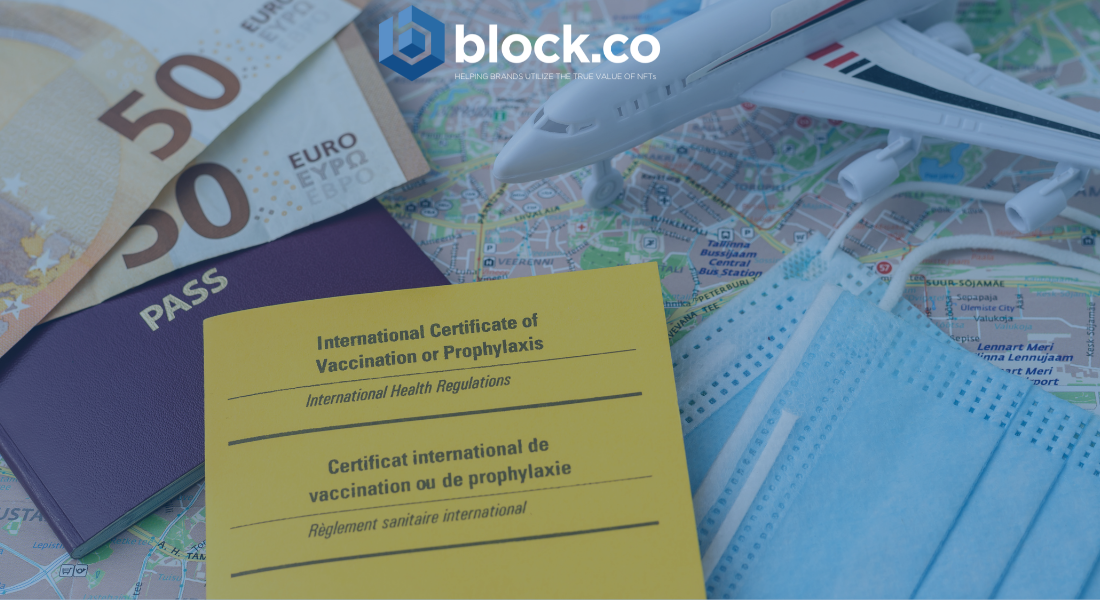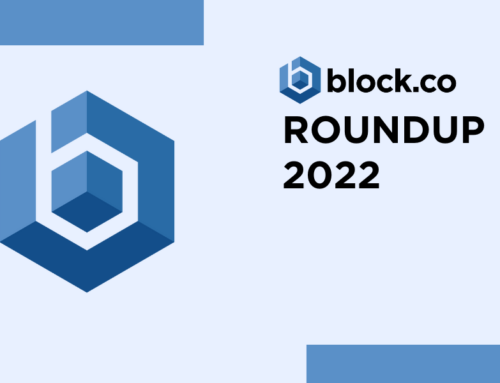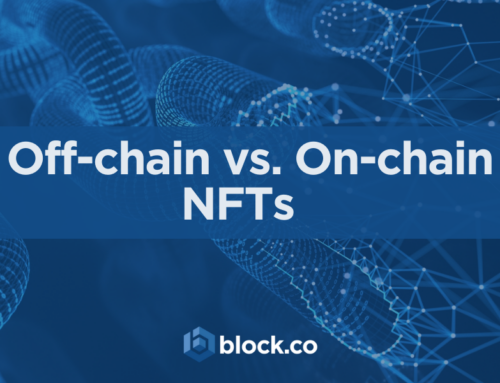Block.co’s Proposed Solution for “SafePass” — Part I

The Cyprus Deputy Ministry of Innovation and Research recently launched, and then ultimately canceled, an RFP for a blockchain-based “COVID Pass”. This pass was meant to be an interim digital solution until the EU-wide Green Pass went into effect. The purpose of the pass was to loosen movement restrictions on individuals who have been vaccinated, who have had COVID or who have recently had a COVID test.
Block.co was invited to the bidding process, so we had the opportunity to think about some of the design parameters of the pass. Starting with the easy items, this was a good usage case for a private-by-default, blockchain-based solution like Block.co’s. We were able to propose a system that could create app-based, text-based or paper-based passes, each of which could be verified directly on a public blockchain (Litecoin in this case to manage costs given we planned to publish the new passes at every block) or via our portal, including with QR codes for ease of use.
The challenges, however, were also quite significant as the planned implementation time was only about 1 week. As is often the case, the challenges were systems integration, user training and, in this case, legal matters. The first challenge was that the pass would have to reflect data from three separate national databases – rapid tests, vaccinations and the National Health System. Integrating with three different databases and testing those integrations and capturing edge cases/error cases in a week would have been tricky and definitely was a point of anxiety for us.
The second and third items had to do with human factors. This system was meant to go into use for hundreds of thousands of users of varying technological sophistication in a matter of days. It also would have regulated, in effect, individual’s movement to restaurants, places of worship and stores, so any problems would cause real inconvenience to people. Even if 5% of the population had difficulty with the system, it would have meant tens of thousands of frustrated users. Furthermore, some segment of the population also had legal/constitutional objections to the system. Whether or not these were correct is beyond our scope of expertise, but it certainly would have added an additional difficulty to user acceptance.
Ultimately, the Ministry decided that the implementation of any system could not be implemented in the short interim timeframe. Instead, Cyprus has implemented a paper-based solution until the EU-wide Green Pass comes into force. Though we are relentlessly pro-technology, this is probably the right decision given the short timeframes.
It is a good reminder, however, of the long haul of “digital transformation”. A lot of “infrastructure” work (data architecture, user IDs) and “user acceptance” work (e.g. default digital and mobile approaches for state services) needs to be done over time. Once a ‘digitally native’ approach is already in place, the benefits will come very rapidly as new services can be quickly added and accepted.
If your brand is ready to take the step into web 3.0 and NFT marketing, to optimize engagement with your audience in innovative ways, then click the button below to get your Free Trial, a limited number of Free NFTs, and a Free Consultation call from our team!
For more info, contact Block.co directly or email at enquiries@block.co.
Tel +357 70007828
Get the latest from Block.co, like and follow us on social media:







